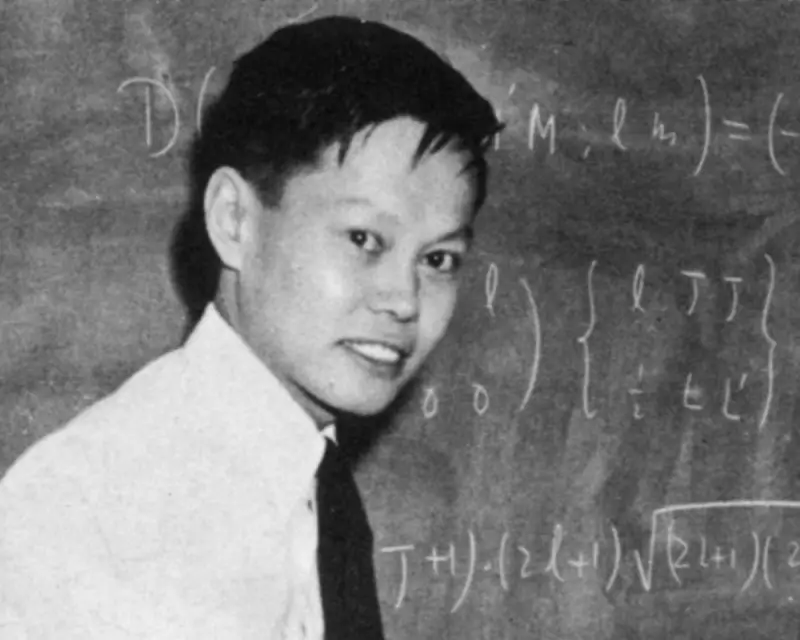
The scientific community is mourning the loss of one of the 20th century's most brilliant minds, Chen Ning Yang, who passed away peacefully at 103. The Chinese-American physicist's revolutionary work continues to shape our understanding of the fundamental laws governing the universe.
A Legacy Forged in Collaboration
Yang made history in 1957 when he and colleague Tsung-Dao Lee became the first scientists of Chinese origin to receive the Nobel Prize in Physics. Their daring proposition that the conservation of parity – the principle that nature doesn't distinguish between left and right – might be violated in certain particle interactions sent shockwaves through the physics community.
"Their work fundamentally changed how we perceive symmetry in nature," remarked Professor Eleanor Vance of Cambridge University. "It was a courageous challenge to established thinking that opened entirely new pathways in theoretical physics."
Revolutionising Modern Physics
Beyond his Nobel-winning achievement, Yang's collaboration with Robert Mills produced the Yang-Mills theory, a mathematical framework that has become the foundation of the Standard Model of particle physics. This groundbreaking work provides the mathematical basis for understanding three of the four fundamental forces of nature.
- First Chinese Nobel laureates in physics (1957)
- Developed foundational Yang-Mills theory
- Pioneered research that shaped the Standard Model
- Inspired generations of physicists worldwide
Bridging Nations Through Science
Born in China in 1922, Yang's remarkable journey took him from wartime China to the University of Chicago, where he earned his PhD in 1948. After decades of groundbreaking research in the United States, he made the significant decision to return to China in 2015, renouncing his American citizenship to become a Chinese citizen once more.
"Professor Yang represented the very best of international scientific collaboration," noted Dr. Samuel Richards, director of the Institute for Advanced Study where Yang spent much of his career. "His work transcended national boundaries while his personal journey reflected the complex interplay between scientific pursuit and cultural identity."
Yang's extraordinary 103-year life spanned nearly the entire history of modern physics, from the early days of quantum mechanics to the confirmation of the Higgs boson. His intellectual courage and mathematical brilliance have left an enduring legacy that will continue to inspire physicists for generations to come.





